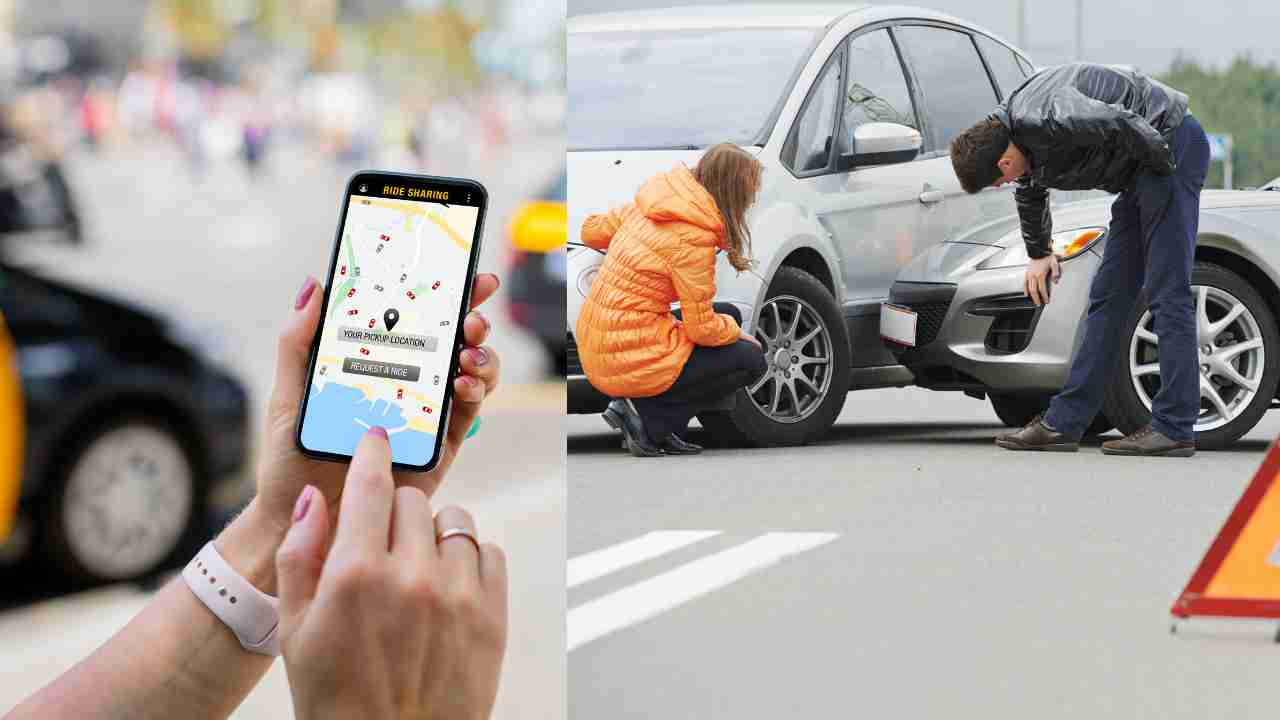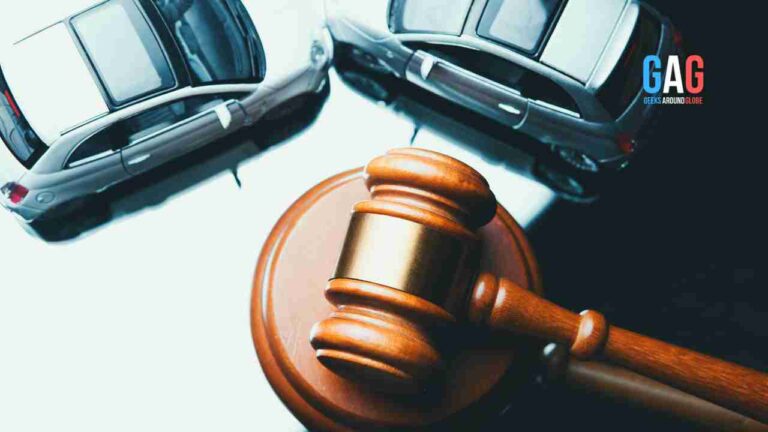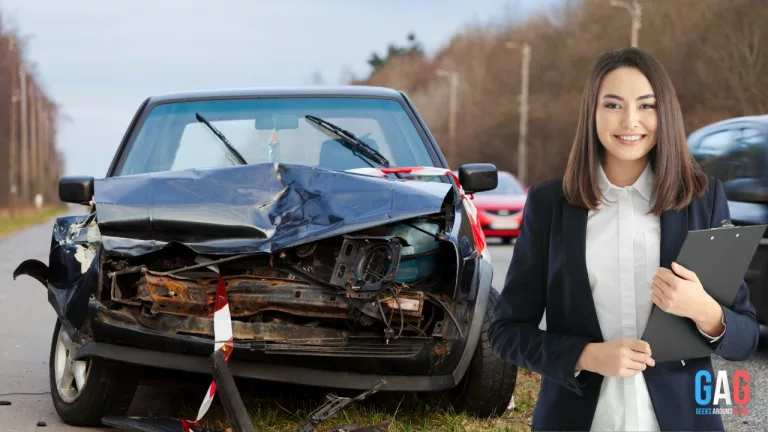Ridesharing services have become an integral part of our transportation system, offering convenience and flexibility. However, when a collision occurs involving a rideshare vehicle, navigating the legal landscape can quickly become complex and overwhelming. With multiple parties involved – the rideshare company, the driver, other motorists, and potentially, passengers – determining liability and pursuing compensation can be a complicated process. This guide aims to shed light on key steps and considerations one needs to be aware of following a rideshare collision.
Understand Your Rights
As ridesharing becomes more and more prevalent, both passengers and drivers need to understand their rights. Passengers have the right to a safe and comfortable ride, where the driver follows traffic laws and takes reasonable precautions. They also have the right to refuse any driver who appears to be under the influence or exhibiting unsafe behavior. On the other hand, drivers have the right to refuse any passenger who appears to be a threat or putting them in danger. They also have the right to ask for a higher fare in certain circumstances, such as during peak hours.
As a passenger or driver in a rideshare, it is important to know and assert your rights to ensure a safe and pleasant experience. A Rideshare accident lawyer can also help you understand your rights and provide guidance in case of a collision. Not only will they be well-versed in the legalities of ridesharing, but they can also help protect your best interests and ensure fair compensation for any damages or injuries sustained.
Determine if You Have a Case
In case of a collision, the first step is to determine if you have a case for seeking compensation. This will depend on several factors such as who was at fault, the extent of damages or injuries sustained, and whether any insurance coverage is available. If you were a passenger in a rideshare vehicle involved in an accident, you may be able to file a claim with the rideshare company’s insurance policy. However, if you were driving your vehicle and hit by a rideshare driver, you may need to file a claim with their personal insurance policy.
Gather Evidence to Support Your Claim
If you believe you have a compensation case, it is crucial to gather evidence that can support your claim. This includes any documentation related to the rideshare trip, such as receipts or records of the driver and vehicle involved. It also includes any photographs or videos taken at the scene of the accident, witness statements, and medical reports if applicable. This evidence can help establish the sequence of events and prove liability, as well as support any claims for damages or injuries sustained. Not only will this aid in negotiating with insurance companies, but it can also be critical if the case goes to court.
Establish Liability of the Other Driver and/or Company
Establishing liability in a rideshare collision can be complex, as there are multiple parties involved. In some cases, the rideshare company may attempt to deny liability by claiming their drivers are independent contractors and not employees. However, if the driver was working at the time of the accident, the company may still hold some responsibility for their actions. Additionally, other motorists involved in the collision may also bear some liability depending on factors such as negligence or breaking traffic laws.
Also, if the collision occurred due to a defect in the rideshare vehicle or faulty maintenance, the company may hold liability for any resulting damages or injuries. A thorough investigation and legal help can help determine who is at fault and hold them accountable. Not only can this ensure proper compensation, but it can also potentially prevent similar incidents from occurring in the future.
File a Claim or Seek Settlement
Depending on the circumstances of your case, you may need to file a claim with insurance companies or seek settlement through negotiations. It is important to have all necessary evidence and documentation in place when making a claim or negotiating for a settlement. This can help strengthen your case and potentially result in a fairer compensation amount. Next, it is crucial to carefully review any offers made by insurance companies and not accept anything less than what you believe you are owed.
If necessary, seek legal help in negotiating or navigating the claims process. Keep in mind that insurance companies may try to minimize their liability and offer a lower settlement amount, but with proper representation, you can protect your best interests. If negotiations fail, you may need to pursue the case in court.
Know When to Take Legal Action
In some cases, taking legal action may be necessary to receive fair compensation for damages or injuries sustained in a rideshare collision. This can include filing a personal injury lawsuit against the responsible parties and seeking compensation for medical expenses, lost wages, pain and suffering, and other damages. It is crucial to have strong evidence, proper legal representation, and knowledge of the legal landscape to increase your chances of success.
For example, if a rideshare driver was under the influence at the time of the accident or failed to follow traffic laws, they may be held liable for any resulting damages. In this case, seeking legal action can not only provide fair compensation but also potentially prevent them from causing similar harm in the future. On the other hand, if the rideshare company was negligent in their hiring or maintenance practices, legal action can hold them accountable and potentially bring about necessary changes to ensure safer rides for all.
Navigating the legal aftermath of a rideshare collision can be a daunting task, filled with unique challenges and complexities. Whether you’re a passenger, a driver, or a third party involved in the accident, understanding your rights, gathering supporting evidence, establishing liability, and knowing when and how to take legal action are critical steps in the process.
It’s crucial to remember that you don’t have to go through this process alone. Professional legal support can be invaluable in helping you navigate this terrain, ensuring that you receive the compensation you deserve and that your rights are protected throughout. Stay informed and seek professional help to make this journey less taxing and more manageable.







